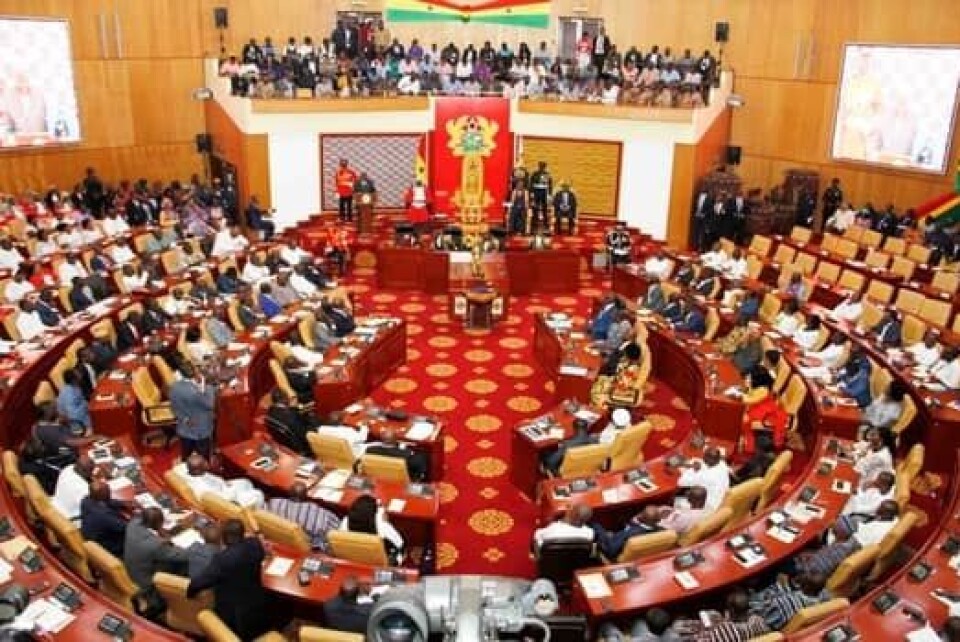The three MPs argue in their suit that the passage of the tax, also known as the Electronic Transfer Levy (E-levy), is unlawful as parliament did not have the required numbers to form a quorum for its approval.
They are asking the Supreme Court to “set aside the purported passage of the Electronic Transfer Levy 2021, by the 136 Members of Parliament of the Majority Caucus present in the Chamber of Parliament on the 29th March 2022 as being unconstitutional, null and void”.
The controversial tax, which has been amended from 1.75% to 1.5% was passed despite the minority’s absence during its consideration at the second and third reading stages in parliament. The minority had said the laying and consideration of the tax in parliament were unexpected.
Their boycott resulted in the withdrawal of all the minority MPs’ proposed amendments to the tax. The tax will be levied on all electronic money transfers and transactions. Some stakeholders believe the e-levy will reverse all the digitization gains made by the country, leading clients to revert to using cash. Other Sub-Saharan countries like Uganda and Nigeria have had varied degrees of success introducing similar e-levies.
When the bill was initially announced in the budget in 2021, Ghana’s government said they were hoping to raise GH¢6.9 billion (US$915 million) in 2022. However, various concerns by some groups and individuals led to the bill being laid in parliament for consideration later in March 2022.
Commenting on the legal suit by the three MPs, legal practitioner Kwaku Azar expressed his reservations about how individuals “use suits to decide political questions”, but he believes the three MPs “have no option than to go court”. Asked whether the suit is tenable, given the president’s approval of the e-levy, Azar said, “If there was no quorum for voting, then the passage of the bill is null.”
The key reliefs being sought by the three MPs are as follows:
- A declaration that parliament lacked the required quorum to vote on the motion before the House;
- A declaration that the passing of the Electronic Transactions Levy (“E-Levy”) by the 136 members of parliament of the majority caucus present in parliament is null and void and of no legal effect;
- A declaration that the purported vote on the motion for the second reading of the Electronic Transfer Levy Bill, 2021 by the 136 members of parliament is in contravention of Article 104(1) and therefore is null, void and of no effect whatsoever.
- An order by the court setting aside the passing of the Electronic Transaction Levy.
To join Africa Legal's mailing list please click here

